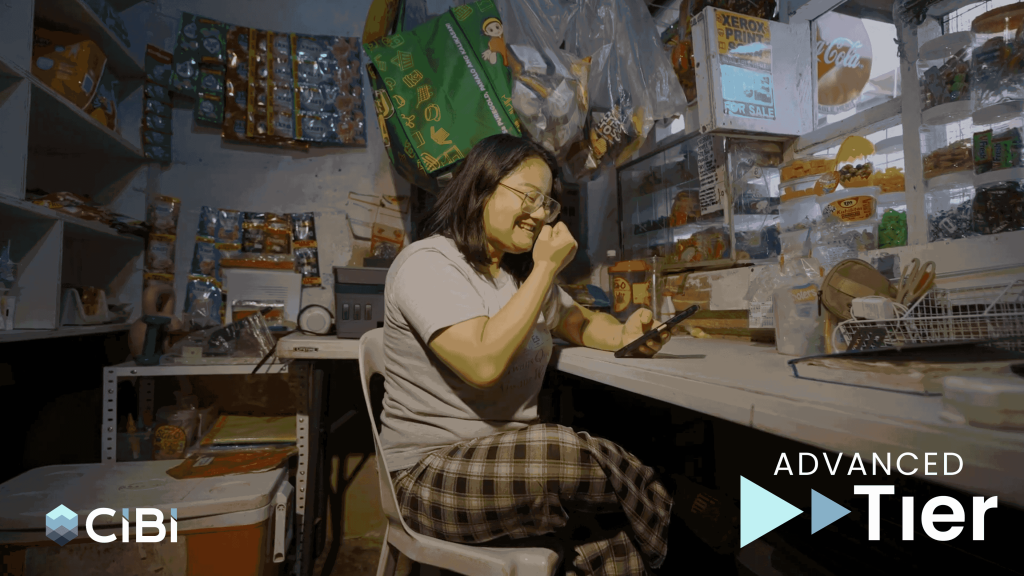CIBI Information Inc. continues to strengthen its role in advancing financial inclusion in the Philippines through its access to the Credit Information Corporation’s (CIC) Advanced Tier. With visibility across 68.4 million individuals and 468.3 million accounts, CIBI holds one of the most comprehensive views of Filipino credit behavior, helping financial institutions make better lending decisions while giving Filipinos fairer access to credit.
According to Pia Arellano, CIBI president and CEO, the company’s ongoing use of Advanced Tier access enables it to connect more people to the formal financial system.
“It’s really about data, and having a more comprehensive, a more complete picture for every single Filipino,” Arellano said. “With Advanced Tier access, we are able to stitch more information pieces of the puzzle together for every single Filipino consumer.”
Expanding Financial Footprints
Under the Credit Information System Act (CISA) of 2012, financial institutions are mandated to submit their clients’ credit data to the CIC. This data is processed by Credit Transaction and Verification Inc. (CTVI), a CIBI-owned entity that turns raw information into actionable products such as credit reports and credit scores.
“Through Advanced Tier access, we process millions of data points from banks, cooperatives, and fintechs into insights that help institutions understand their customers better,” explained Jasmine Alansalon-Gonzales, chief product, partnership, and innovation officer. “It’s a foundation that allows lenders to balance growth with responsible risk management.”

As financial behavior shifts toward digital channels, CIBI’s data shows a growing reliance on smaller, short-term loans. Personal loans and buy-now, pay-later (BNPL) schemes have seen the fastest growth in recent years, reflecting how Filipinos are starting their financial journeys with accessible and low-ticket credit products.
“More Filipinos are borrowing in smaller amounts, typically between ₱5,000 and ₱10,000,” said Harley Chan, CIBI Chief Analytics Officer. “This gives us a clearer picture of how people borrow and repay, which helps lenders evaluate creditworthiness beyond traditional loan profiles.”
These borrowing patterns are essential for capturing financial activity that used to go unrecorded. Small, recurring payments made through digital lending apps now contribute to a person’s financial footprint, enabling more accurate and inclusive credit scoring. Over time, these data-driven insights support consumers as they move from small loans to larger products such as credit cards, loans, or mortgages.



